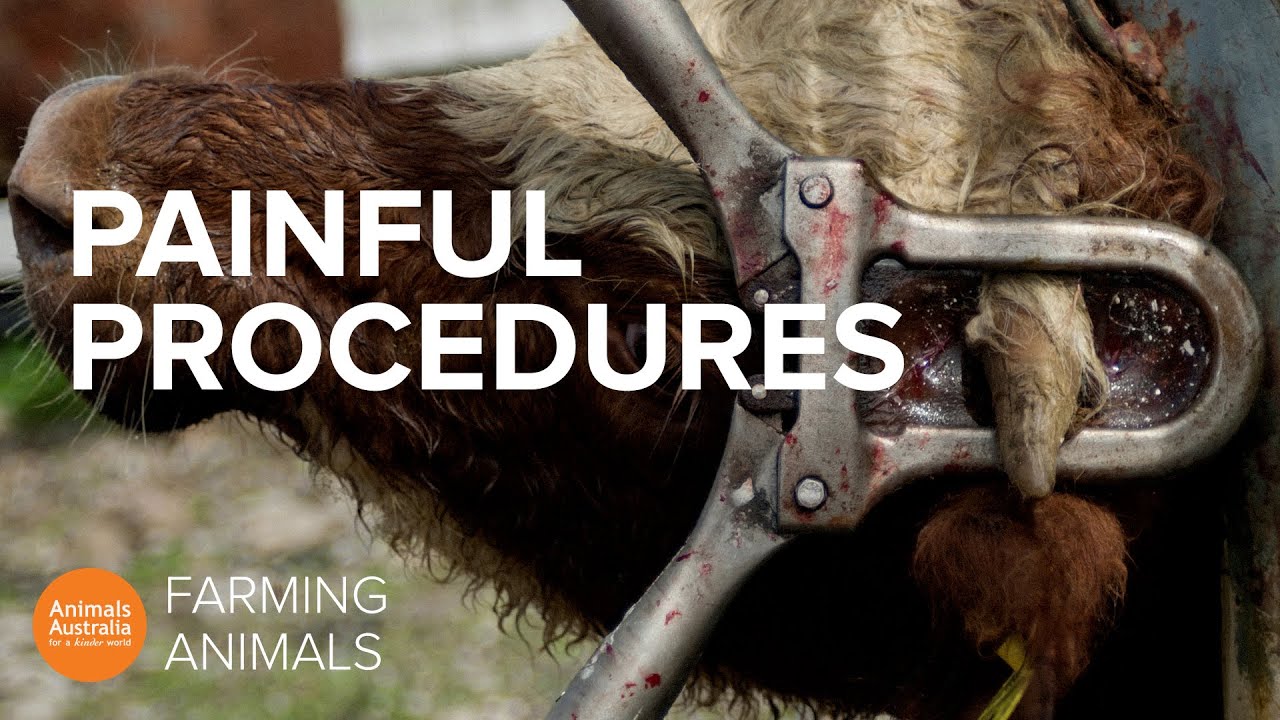As humans, we have the power and the responsibility to ensure that the animals we use for food are treated and raised in humane ways. Sadly, in recent years, inhumane farming methods have become rampant, and this has led to devastating consequences not only for the animals but also for the environment and humans as well.
The Effects of Inhumane Farming Methods
Inhumane farming methods involve raising animals in cramped, filthy, and stressful conditions. The animals are often subjected to mutilation, overcrowding, and disease. These practices not only restrict the animal's ability to move but also increase their risk of developing infections, sores, and other diseases.
Animals that are subjected to inhumane farming methods experience a great deal of stress, which can impact their behavior and health. For example, chickens that are raised in cramped conditions are more prone to aggressive behavior, feather pecking, and cannibalism.
Environmental Effects
Inhumane farming methods have far-reaching environmental consequences. Agricultural activities, including farming and livestock production, account for approximately a third of global greenhouse gas emissions. Factory farming is one of the most significant contributors to climate change, and it is responsible for deforestation, land degradation, and water pollution.
Human Health Effects
Inhumane farming methods can also have serious human health impacts. The animals that are raised in unsanitary and cramped conditions are more likely to develop diseases that can be transmitted to humans, such as Salmonella or E. coli. Additionally, the excessive use of antibiotics in factory farming can lead to the development of antibiotic-resistant bacteria, which can cause infections that are difficult to treat.
Conclusion
The effects of inhumane farming methods go beyond the animals involved. They also impact the environment and human health. The good news is that consumers are increasingly demanding more sustainable and ethical food options, and farmers are responding by adopting better animal husbandry practices. As such, it is essential to continue raising awareness about the consequences of inhumane farming methods and supporting humane agriculture practices. By doing so, we can help ensure that animals are treated humanely, our environment is protected, and human health is safeguarded.

